We’re celebrating the 55th anniversary of The Original Series. Why does it still resonate for you?

Image courtesy CBS/Paramount
John Trimble: It was ground breaking & the themes still resonate with us.
Jeff Bond: Part of it is definitely nostalgia–I still get probably the most enjoyment out of watching the original The Original Series episodes I started getting into when I was 12. The vibrant color, cinematic cinematography, all the wonderful actors, from the main cast to the fantastic character actors who guest starred on the show, the amazing music and the 1960s look (all ‘60s television and motion pictures still fascinate me to this day) still entertain me even though I’ve seen the episodes dozens of times now. But particularly now when we’re in a doom-and-gloom epoch that rivals even the nuclear fears of the Cold War, Star Trek of any kind is comfort food in its depiction of an optimistic, utopian future. I remember someone saying that the original series was optimistic just in depicting a future at all, because we were all afraid we were going to blow ourselves up. Now that almost seems quaint because it was something that MIGHT happen, whereas climate change seems very much like we’re deeply into a runaway train of destruction that can’t be slowed down, let alone stopped (and watching Trek with climate change in mind is always sobering–I have a theory that those massive structures you see in the background of the scenes on Earth in the 2009 Trek movie are carbon capture machines).
So I watch new Star Trek, ongoing Star Trek, with the hope that I’m going to see good stories, good drama and good characters. But I also watch it because it gives me some hope.
Carol Pinchefsky: My best friend and I bonded over Star Trek in high school, and we’re best friends until this day. Some of the best people I know share this love, and for years, Star Trek became my casual conversation starter, my ice breaker. I genuinely have Star Trek to thank for my expansive friend circle.
Just as important, my best friend and I wrote embarrassing Star Trek fan fiction, and from there, I branched out into fiction, then non-fiction. I support myself on my writing, and I have the House that Roddenberry Built to thank for my entire career.
For me, Star Trek has never stopped resonating.
Peter Briggs: Jeff just keeps echoing my feelings. The Original Series is still the only one I can dip into (almost) all the episodes and enjoy. I liked sporadic The Next Generation episodes, ditto DS9. Voyager I liked more, and I feel that Enterprise had maybe the most fantastic potential, but they botched the show with big sprawling season plot arcs. The joy of the original series was that they were self-contained episodes you could dip into without feeling lost about who did what, who was taken-over by something, simply because you missed a previous episode.
But here’s what’s frequently glossed over about The Original Series: the music. You listen to the music, and you are instantly hooked by its recognizable motifs and stings. You hear a fight scene, or a tense scene on the bridge, or that Spock music…and you’re there. I could hum four notes from The Original Series, and you would know what those notes are. Every Trek TV show since, the music is bland wallpaper. There’s nothing you’re going to walk around the house humming.
I’m the biggest Star Wars obsessive in the world, but I still keep buying Star Trek stuff. Next up is The Wand Company’s Tricorder. I can’t wait for that to hit.
Rich Handley: Star Trek is, at its core, an exploration of the human condition. Sure, there are monsters and aliens and explosions and evil governments and sex out among the stars. That’s to be expected. But Trek is a lot more than that. There’s a reason all those ready-room scenes on The Next Generation worked so well, even though they just had people sitting around a table, talking. There’s a reason Kirk’s impassioned speeches hit home, as did Sisko’s and Janeway’s. There’s a reason all the Moby Dick and Shakespeare and other classic literature references are so effective. It’s because this franchise has something to say, and it says it so well.
I see a lot of online naysayers complaining about the CBS All-Access era of shows and the J.J. Abrams movies, on the basis that they somehow lack the optimism, depth, and sense of hope that we had with The Original Series, The Animated Series, The Next Generation, Deep Space Nine, Voyager, and Enterprise. I couldn’t disagree more. The new era, despite its flaws, is working hard to remind us of why Star Trek matters, why it endures, and it’s succeeding brilliantly.
I wish my kids had followed me into Star Trek fandom, as I did with my mom. I’d like to believe that when I ultimately pass on, as she did, that my children would keep up with the Star Trek shows and films I’ll never see. Sadly, that’s not going to happen–but my young nephew does love Star Trek (which is amusing since my sister–his mother–hates it), so there are always possibilities, as a certain philosophically inclined Vulcan officer would say.
Jeff Bond: I have my 13-year-old son watching Lower Decks with me, and he enjoys it. He’s into anime and animation–he can’t possibly get all the myriad references and jokes but I think he appreciates the manic humor and characters on the show and so do I (they won me over with the argument about how to pronounce “senSORS”). I’ll cross my fingers that it’ll be a gateway drug to get him to watch other Star Trek.
Peter Briggs: I like the anarchic feel of Lower Decks, and the references definitely make me laugh.
Steven Thompson: I still spend a lot of time with the TV characters I grew up with, the true imaginary friends of my youth if you will. This week alone I’ve watched episodes of The Girl From U.N.C.L.E., The Bold Ones, The Pruitts of Southampton, The Good Guys, and The Name of The Game. That’s my nostalgia. Notice the lack of Star Trek. That’s because I still think of the original Star Trek, because of its futuristic setting, as something yet to come. To my mind, it’s not in the past but remains the hope of tomorrow. The cynic in me constantly defaults to the feeling that nothing even close to its utopian ideas will ever come to pass but then I watch an episode of Star Trek here in the 21st century and it gives me hope.
Ian Spelling: For all the reasons we’ve been discussing in this thread. And more. That’s the beauty of Star Trek as a franchise. Everyone likes, or dislikes, connects with or doesn’t connect with, something different. A lot of Trek fans didn’t care for Deep Space Nine at the time, and now it’s considered one of the best shows. Some people are embracing Discovery and Lower Decks now, and others may later. Or they may not. Look, some folks think Star Trek V is the best Trek of all. Ever. To each their own, right? And the reality is that the old shows are always there for anyone who appreciates them.
Bob Greenberger: Star Trek arrived at an inflection point in the evolution of prime time television. It offered up good storytelling, fine acting and special effects, along with an optimistic message. It connected with an audience struggling with the horrible events of 1966-69 and told its audience that we’re going to get through it, we’re going to the stars and there we will thrive. College kids worried about the draft and adults worried about the violence spreading across the country needed that while younger viewers were subtly reassured and entertained. People of color saw themselves as equals and were encouraged.
Star Trek has endured because generation after generation embraced that, bolstered by the rise of fandom and conventions. As early adopters, we were there for the films, for the VHS releases, the DVDs, and now streaming. We want more of that message and since the feature films began, there has been more good Star Trek than bad, bringing new generations on board. The animated fare today captures them younger while Strange New Worlds speaks to the first generation and Picard captures that middle generation. There’s so much bleakness in the world, we need to be reminded to wonder, to reach beyond our world, and make things better.
John Kirk: For me, the storylines are eternal, like Shakespeare. Classics never go out of style.
John E. Price: Star Trek is a history of the future that never was; a story of humanity struggling against itself to create a better world. Star Trek is aspirational in a way that few seem to truly appreciate anymore: beyond the stories, beyond the special effects, beyond the ships, Star Trek allows us to speak to ourselves, to work out our issues, and to find solutions to make ourselves better. Star Trek allows us to look up at night and dream about what could be.
Larry Young: My family moved around a lot when I was a kid; my dad wasn’t military or on the run from the law; just a middle class guy accepting promotions in his job and transferring all around the country on the way up. The only constant in my young life from Cleveland to Texas to rural Vermont was Star Trek. I loved that if you put on the uniform you could travel around the universe with your best friends and get into weird adventures and learn a little something profound.
I guess I still do that to this day. I hope they never stop making Star Trek like the original series.




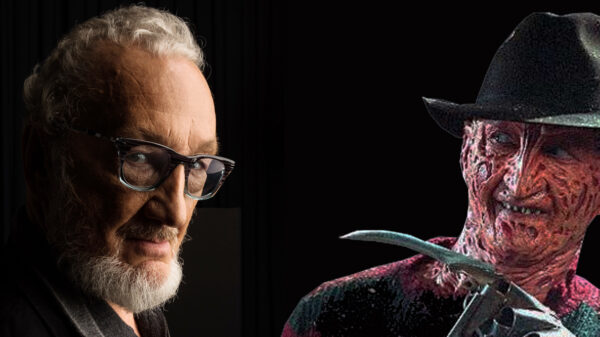
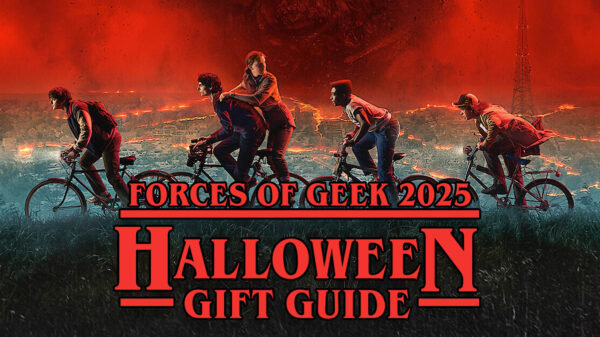
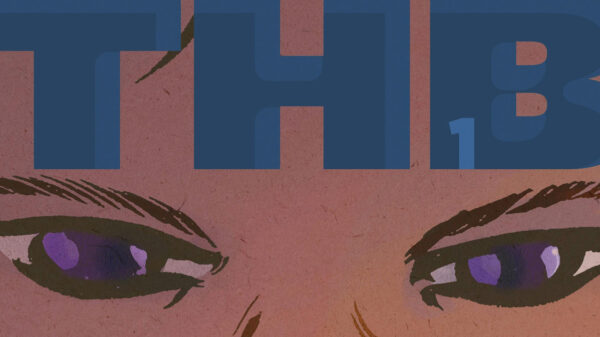

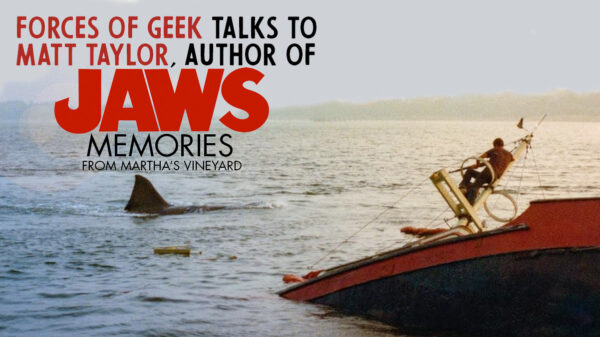
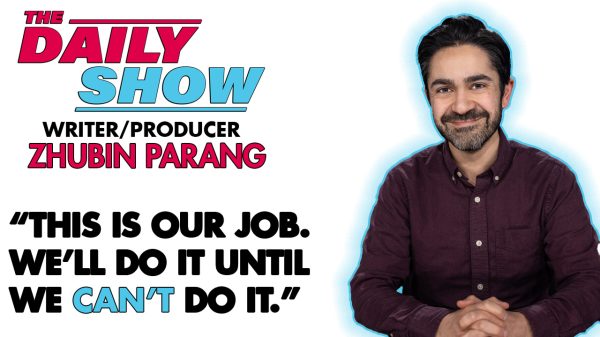
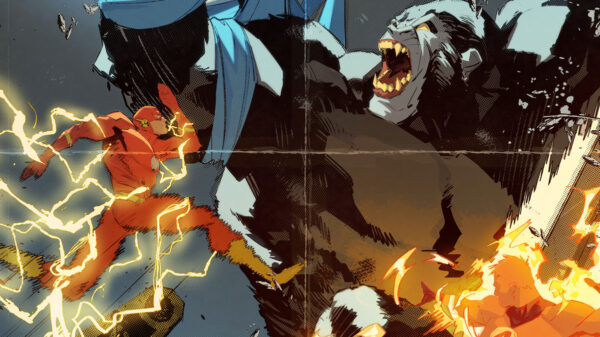
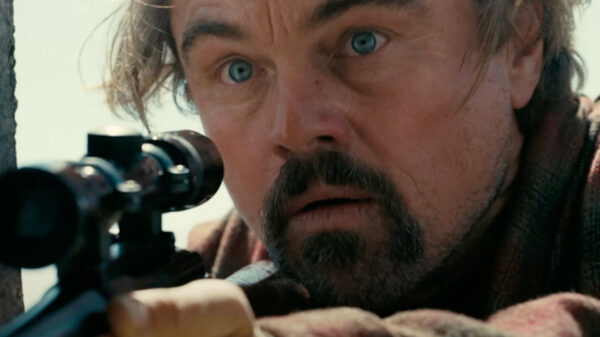
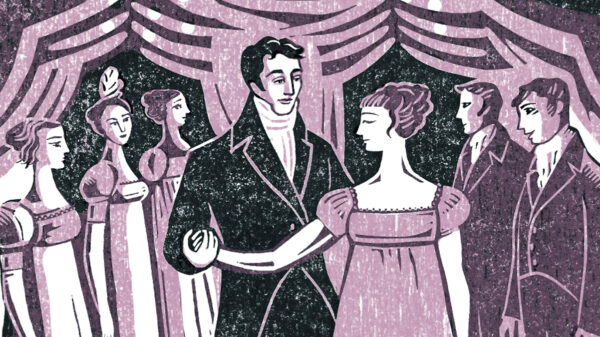
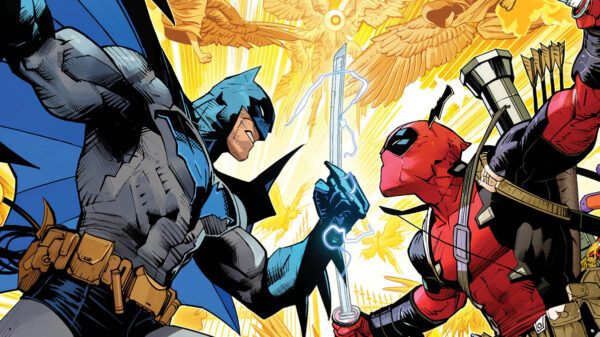
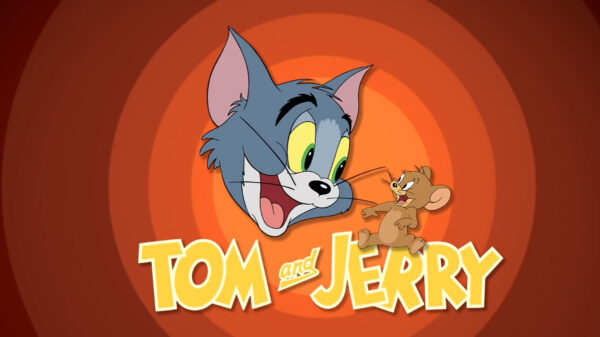



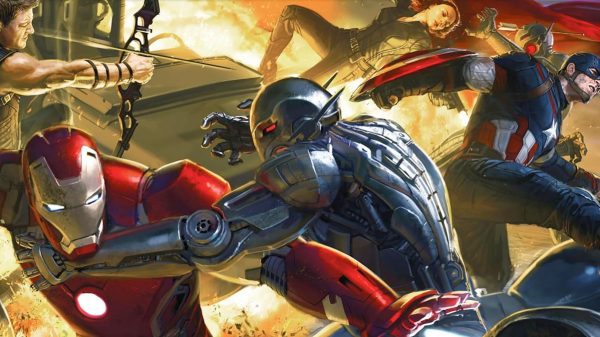

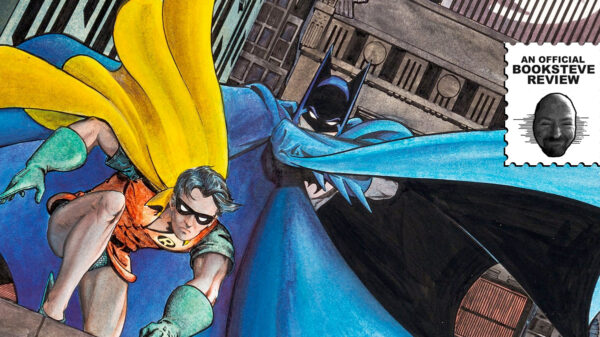
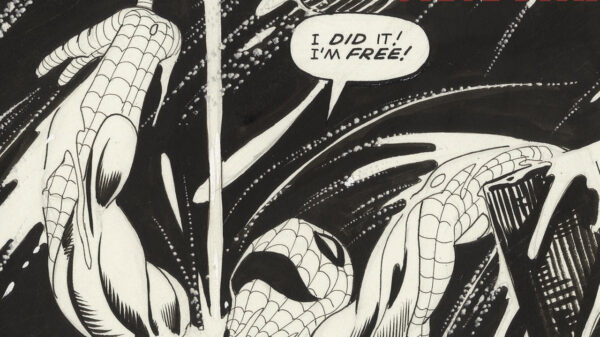
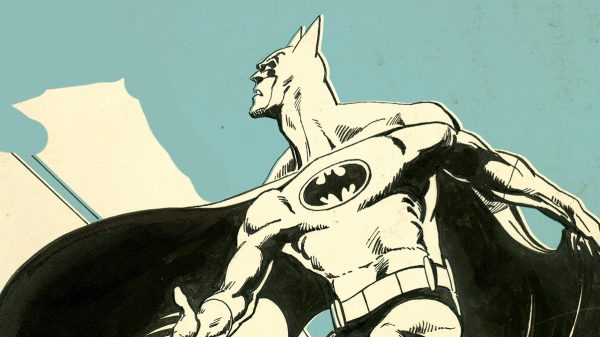

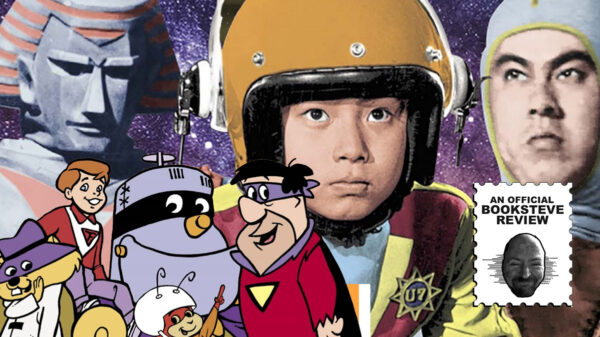

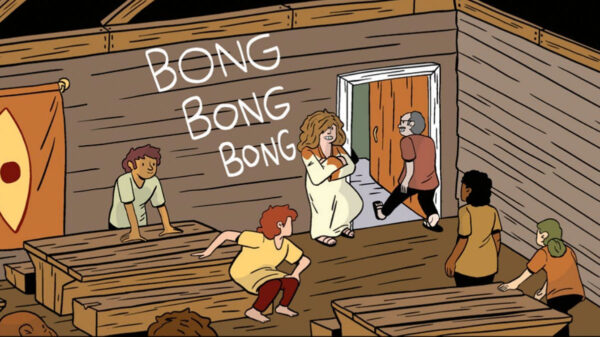
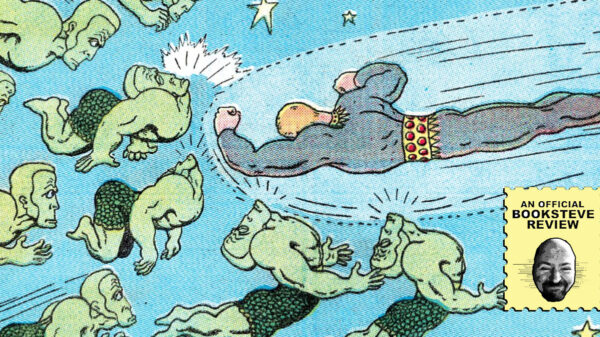
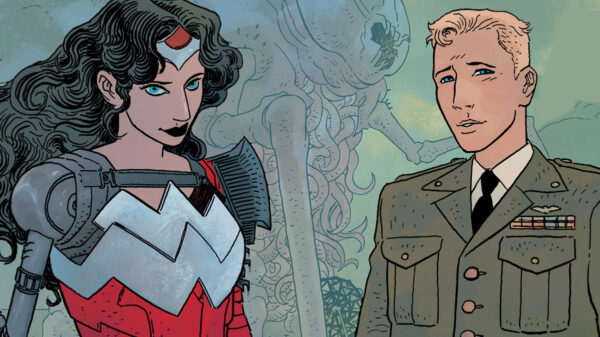









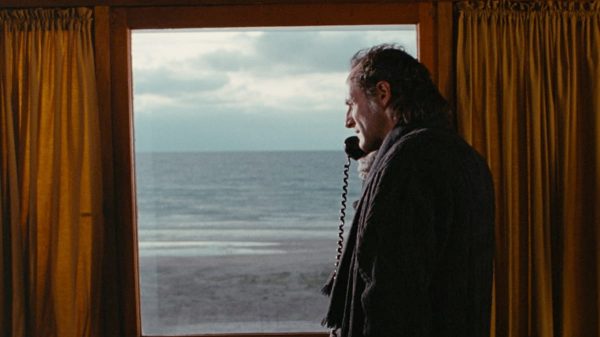
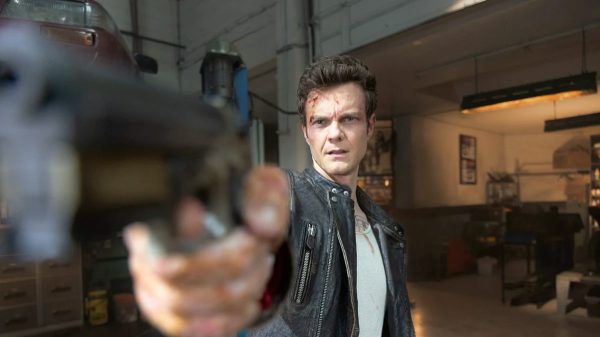
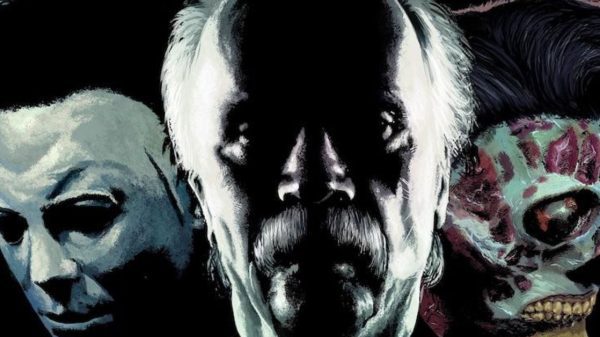
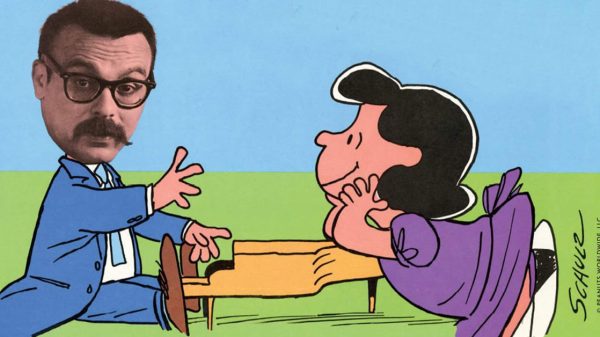
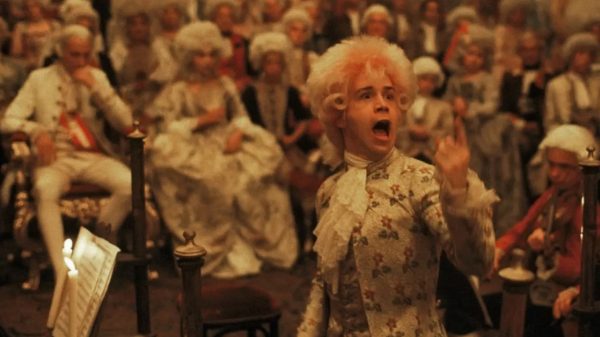












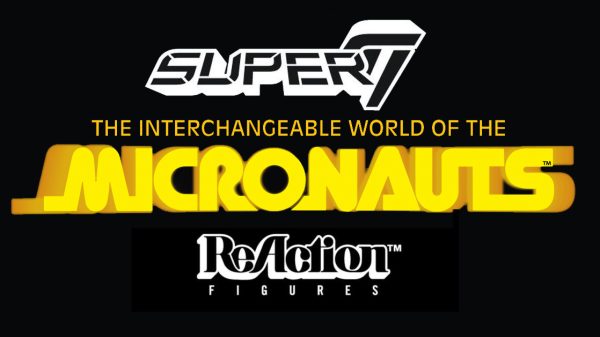
















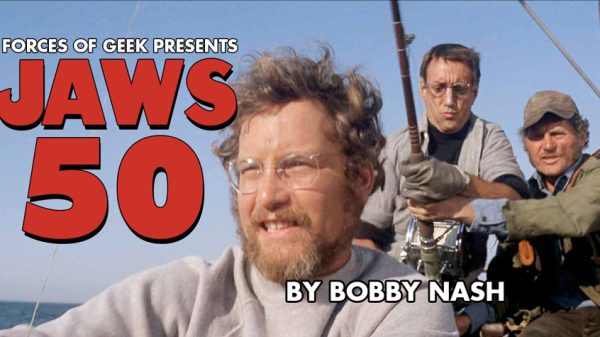









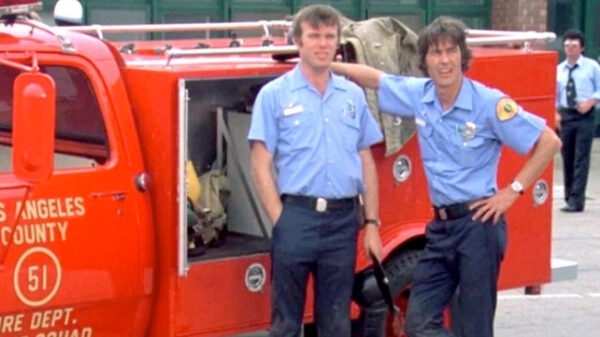
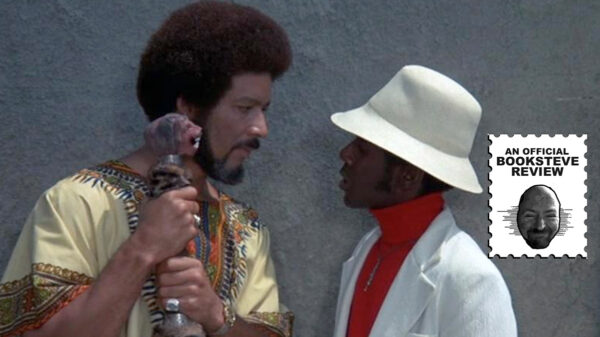
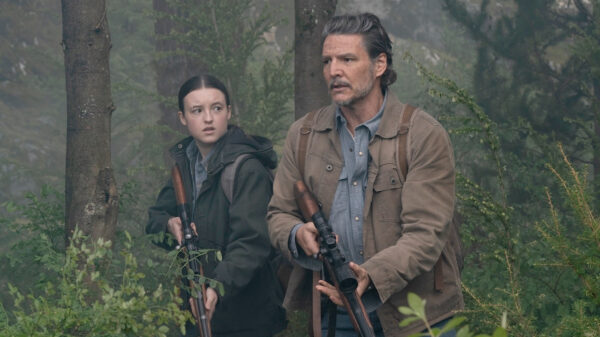




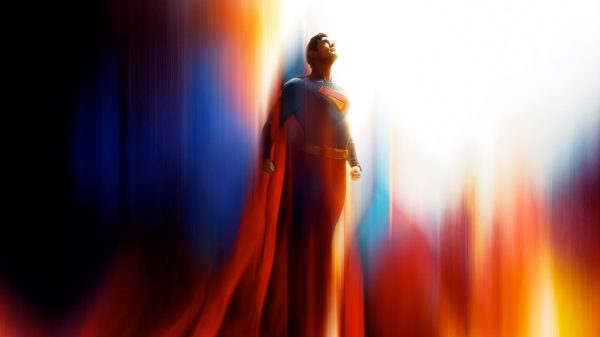
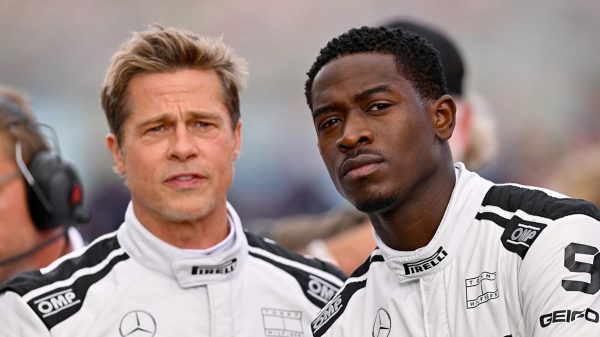
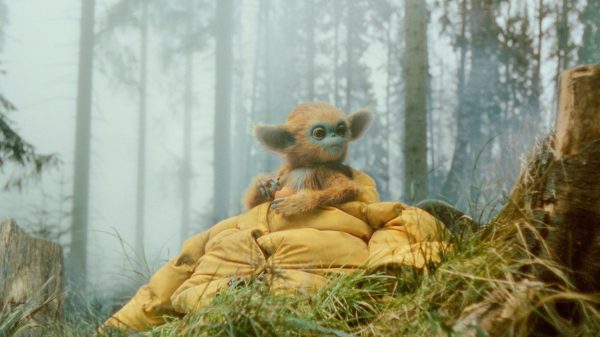



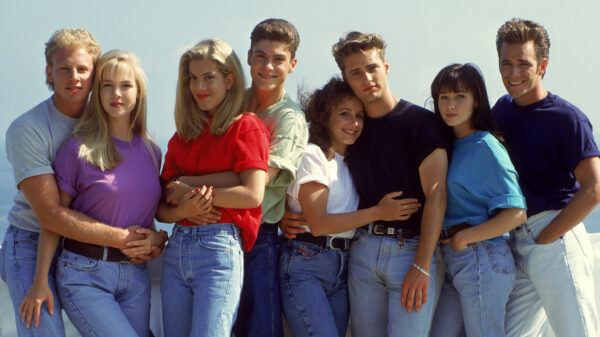
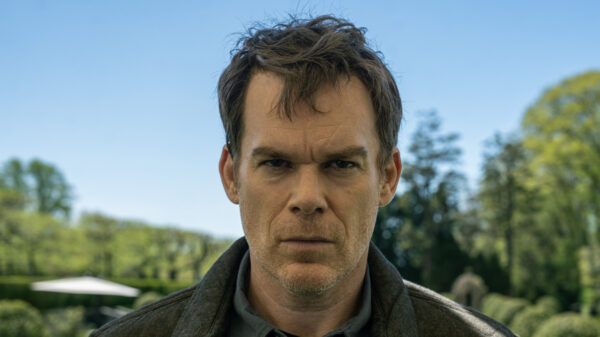
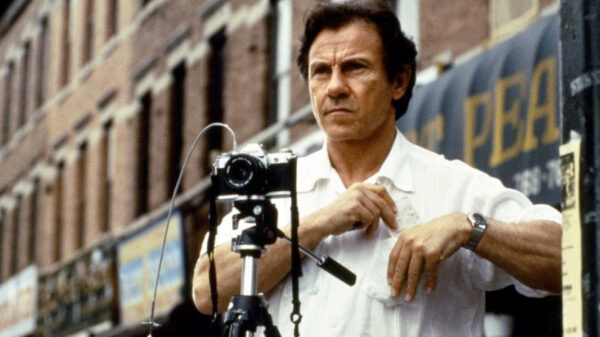
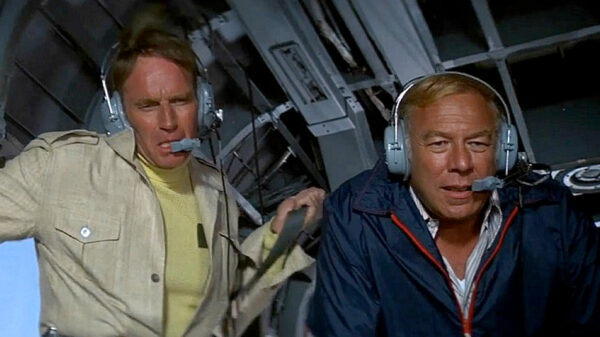
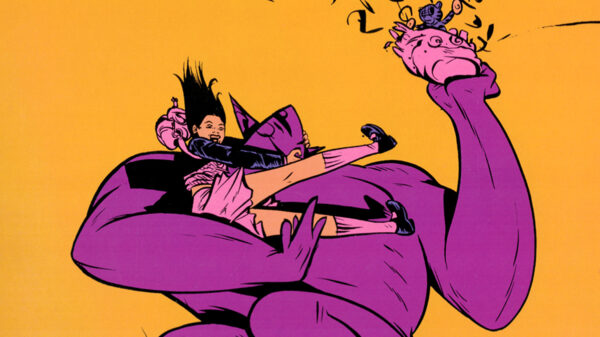



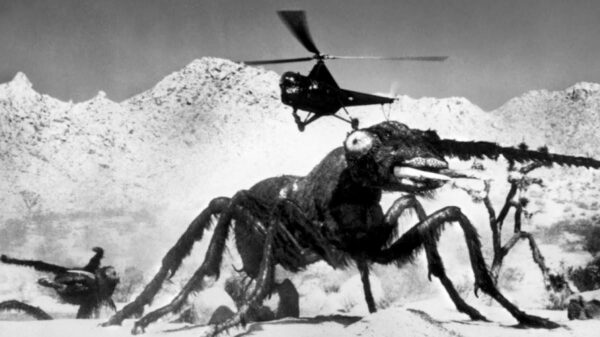

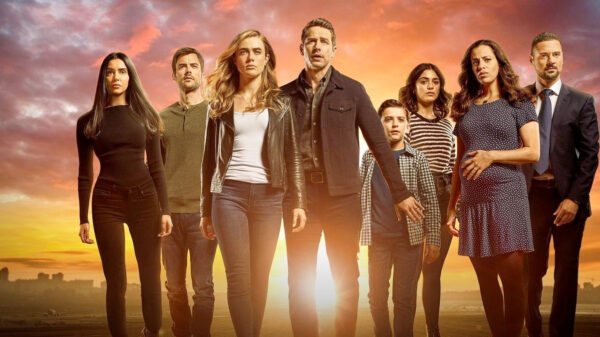

You must be logged in to post a comment Login